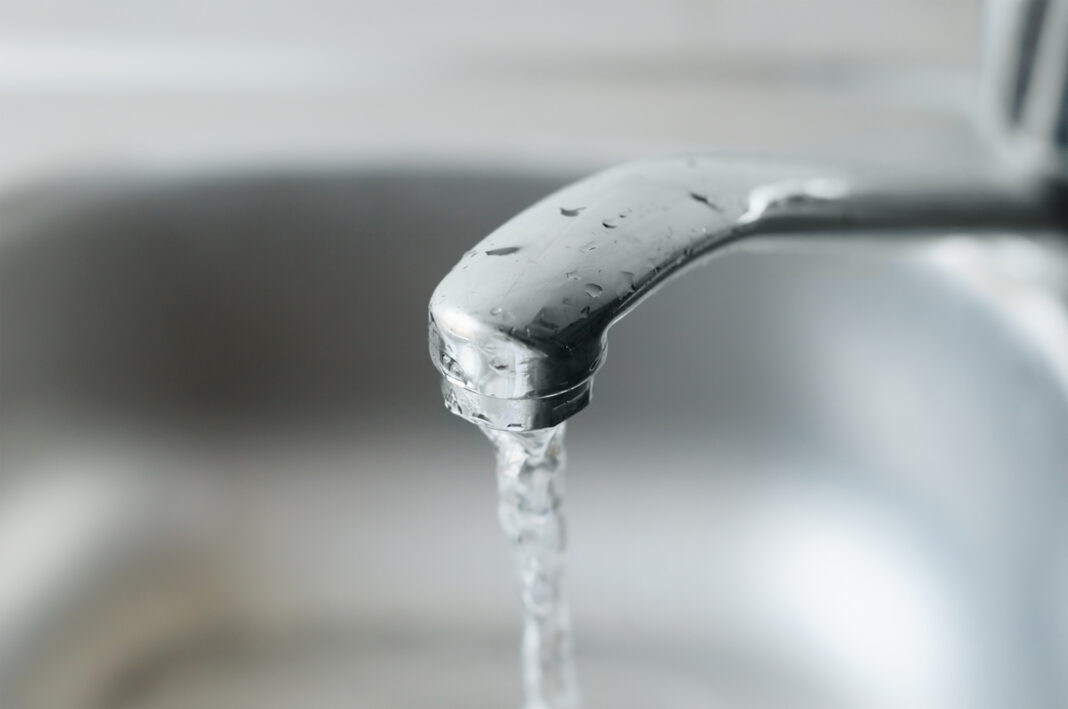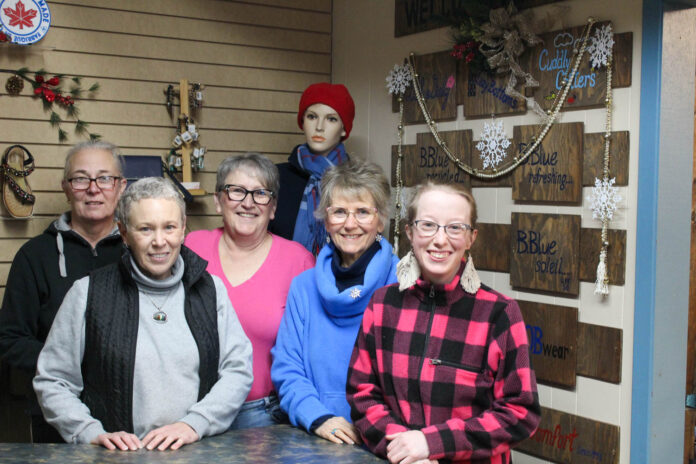OTTAWA—The long-standing call for access to safe and clean drinking water across Canada has taken a significant step forward with the introduction of a pivotal Bill in the House of Commons. Honourable Patty Hajdu, Minister of Indigenous Services, unveiled the proposed legislation as part of the government’s unwavering commitment to establish robust, safe drinking water and wastewater laws, done in close consultation with First Nations.
Embracing the principles outlined in the United Nations Declaration on the Rights of Indigenous Peoples, this landmark legislation underscores the intrinsic rights of First Nations, recognizing their crucial role as stewards of clean water and addressing their specific needs. The development of this Bill involved extensive engagement, prioritizing the voices of First Nations communities and organizations. Beginning in 2018, this inclusive process engaged directly with First Nations rights-holders, representative institutions, and critical organizations like the Assembly of First Nations (AFN).
The proposed federal Bill, C-61, aimed at establishing drinking water standards for First Nations, has generated diverse reactions. Indigenous Services Minister Patty Hajdu introduced the Bill, envisioning it as a protective measure for water sources, setting national standards, and ensuring sustainable funding. While some, like Chief Chris Moonias of Neskantaga First Nation, hope for swift action to prevent prolonged advisories, Moonias feels excluded from the legislation’s development, deeming it reflective of colonialism.
Ontario Chief Glen Hare told The Expositor, “Up north, the remote communities especially, you can’t bathe or cook. All children are required by law to go to school; if they don’t attend, they are apprehended. If you can’t bathe your children and clean their clothes, they get apprehended anyway, leaving families with the fallout of not having clean water. Anyone who comes into our backyards for mining and revenue must clean up the mess behind them. After someone rapes your land, they call on us as chiefs to clean up the mess. We are tired of cleaning up after everyone after they take all the profits. We as rights holders since day one shouldn’t have to take responsibility for this.”
The bill’s key provisions are designed to: mandate the minister of Indigenous services to collaborate with First Nations in providing safe drinking water on their lands; Strengthen funding commitments to ensure sustainable water services on par with non-First Nations communities; Establish national drinking water and wastewater standards, respecting First Nations’ preferences; enable water agreements, fostering collaboration between First Nations, Canada and provincial/territorial governments; Pave the way for a First Nations-led Water Commission to bolster community control over water services; and uphold the United Nations Declaration on the Rights of Indigenous Peoples, emphasizing consultation in federal decisions.
This proposed law follows the repeal of the previous Safe Drinking Water for First Nations Act, marked by Chief Erica Beaudin of Cowessess First Nation as a historic stride toward securing clean water for Indigenous communities. However, concerns linger regarding consultation inclusivity, as Nunavut MP Lori Idlout stresses the need for broader input beyond national Indigenous organizations.
Yet challenges persist, exemplified by Chief Moonias’ plight in Neskantaga, where, despite plant upgrades, the community still lacks clean water. Chief Moonias anticipates the boil water advisory hitting 30 years and intends to request a completely new water treatment system from the government. The proposed Bill signifies progress, but challenges in execution and community inclusion persist.






